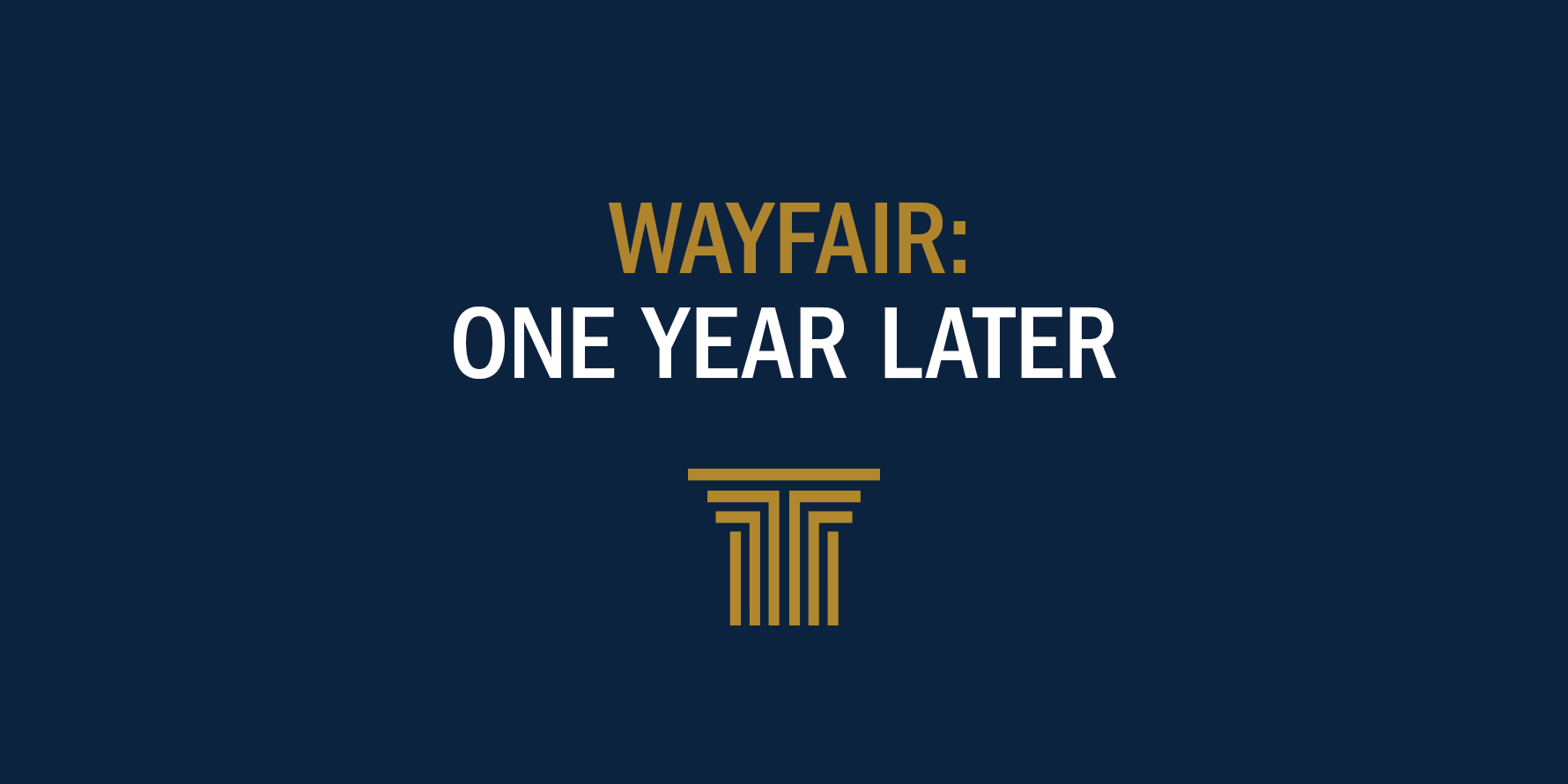Since the U.S. Supreme Court’s decision in South Dakota v. Wayfair in June 2018, nearly every state and the District of Columbia has adopted provisions they believe comply with the new nexus standard. Only Florida and Missouri have yet to adopt an economic nexus standard of any kind. Both states have introduced bills in the current legislative session that would implement an economic nexus standard. However, both states introduced similar bills in previous sessions and failed to pass the legislation.
Many states initially adopted South Dakota’s standard of $100,000 of sales or 200 sales transactions through legislation or regulatory authority. Twenty-five states still use this threshold (Connecticut’s threshold is $100,000 of sales and 200 sales transactions). One state, Georgia, uses a threshold of $250,000 in sales or 200 transactions. Sixteen states are only using a sales threshold that ranges from a low of $100,000 in ten states to a high of $500,000 in three states.
The states continue to review and modify their standards to determine the best threshold for their state. Each state is trying to balance increasing tax collections without placing an undue burden on businesses and state resources. Although a low threshold increases the likelihood that a business will have to register for the sales tax and file returns, it also means that many businesses with little to no tax collections will be forced to file returns. These additional returns with little to no tax places a burden on state resources to open and maintain accounts and process returns.
Now that the Wayfair nexus standards have been in place for more than a year, businesses should continue to be diligent in reviewing their nexus creating activities.

Share This Article
